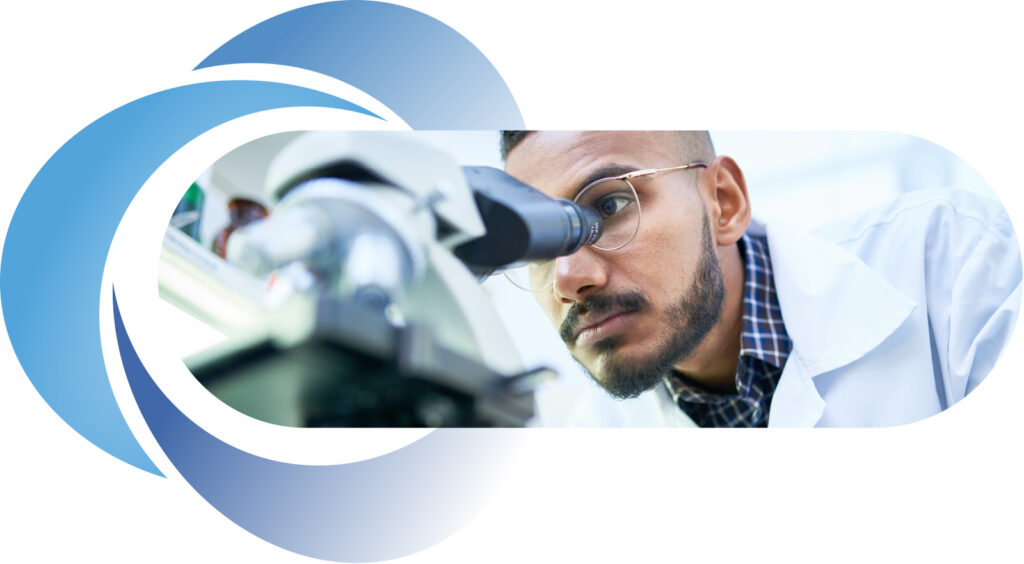Pipeline
Our focus in the clinic is on advancing our lead candidate HTD1801 in chronic metabolic diseases. Based on its dual mechanism of action we are particularly focused on diseases driven by insulin resistance and chronic inflammation. In addition to our lead candidate, we have a growing discovery portfolio.
